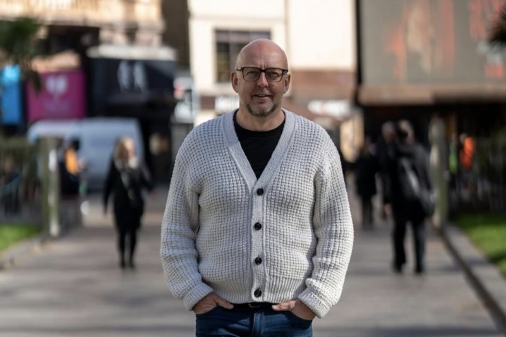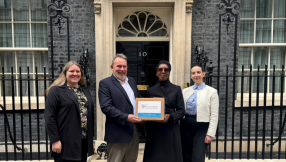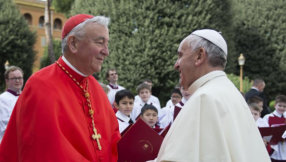
Christian author and book coach Matt Bird calls dyslexia his 'super power', something he feels hasn't hindered him but rather given him a range of abilities that help him to excel in his many social and business ventures. In his early years, however, he struggled at school and teachers were not always supportive. Today he is passionate about helping neurodiverse people re-think how they perceive themselves.
Christian Today spoke with Matt about his experience of growing up with dyslexia, his journey to self- acceptance, and what churches can do to support people with the condition or who are neurodiverse.
Today you call dyslexia your 'superpower'. How did you manage your dyslexia as you were growing up?
When I was at school I didn't know dyslexia existed. I knew that my teachers thought I was stupid because they told me I was. That's really where my journey began. I was put into remedial English classes and remedial maths classes. I left education quite early and felt low in myself. One of the challenges people with dyslexia have is that we can struggle with self-worth, self-esteem and self-belief. Later on in my 20s I discovered that actually I was dyslexic and that helped me understand one of the reasons why I struggled at school.
Often dyslexia is described as a learning disability, which I object to because I'm very able. Sometimes it's described as a learning difficulty, which I equally object to because I can learn fast. I'm passionate about thinking of dyslexia as a learning difference. It's simply that I learn differently, I process information differently.
To think biblically about it, dyslexia isn't a result of humanity's rebellion against God ('the fall'); it's a result of creation. God created me with dyslexia. It's a blessing not a curse, my advantage not my disadvantage. That has shifted my thinking which has evolved over the years. Sometimes people say that people with dyslexia 'suffer with it 'and I don't 'suffer with' dyslexia. Dyslexia is my God-given gift. I embrace it, I love it and I am grateful for it, it makes me who I am.
Why is dyslexia your 'super power' and what competencies has it given you?
They say that visual thinking is the fastest way to think. It's a thousand times faster than other ways to think. Dyslexics classically process information visually, so for me I can think very fast and I can understand and process things very fast. I make connections between things that other people wouldn't make connections between, so it gives me an opportunity to solve problems and come up with new ideas and innovate. That's one of the reasons why I call it my superpower. There is a disproportionate number of entrepreneurs who have dyslexia. That inspires me because I believe I break the mould, I think outside of the box, and I come up with new ideas and new ways of doing things.
Do you believe the Church does enough to champion the neurodiverse community?
I don't think society in general understands dyslexia and neurodiversity, let alone recognise, celebrate and welcome it. So I don't think that it is anything unique to the Church. Society thinks we 'suffer with' dyslexia but the truth is society suffers because it doesn't understand dyslexia and recognise it and appreciate it. Society suffers because it often excludes people with dyslexia rather than fully benefiting from all that we have to offer.
Did dyslexia affect your experience of church?
I remember first being asked to read from the Bible from the front of the church, and I did it so badly. Somebody who believed in me in the church took me to one side afterwards and said, 'Matt you can do better, let me find someone who can help you learn to read and speak.' I think fundamentally my problem came from lack of self-belief and as I embraced who I was, reading and speaking in church became doable. Now I speak in churches around the world, and I love it.
Do you have any tips for how churches can include and support members of their congregations who have dyslexia or are neurodiverse?
Yes, do what it does best - unconditionally love, accept and value people. For me knowing that God loves me is significant, but what's even more significant than knowing that God loves me is that God likes me! The Bible tells me that God delights over me, as he does all people. And that really makes a difference. We love people because we have to, we're told we have to love even our enemies. To actually like someone or delight over them, that's another level. So for people who are neurodiverse, I think not only knowing that they are loved, knowing they are also liked is really important - whether it's at school, church, university or the workplace.
What life advice would you give to individuals who have dyslexia?
I really want to encourage people with dyslexia to recognise that their dyslexia is not a disadvantage, but it's their advantage in life. That's my encouragement to anyone with dyslexia or other neurodiversity: it's to fully embrace and accept who God has made you, and to like and love who God has made you and lean into it. It took me years to recognise my dyslexia made me phenomenal at ideas and creativity, innovation and problem solving. Dyslexia shows itself differently from person to person. Don't compare yourself with other people because you are unique and they're already taken, so lean into your own uniqueness.













